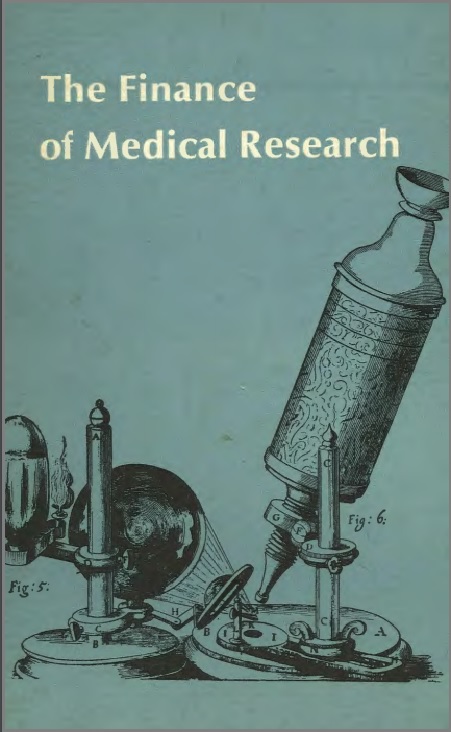The explosive progress of medical science during the past twenty-five years has brought about a revolution in the health of the community and in the problems…
The explosive progress of medical science during the past twenty-five years has brought about a revolution in the health of the community and in the problems of sickness, disability and premature death. The discovery of new medicines and the development of new medical…
The explosive progress of medical science during the past twenty-five years has brought about a revolution in the health of the community and in the problems of sickness, disability and premature death. The discovery of new medicines and the development of new medical techniques extensively influence the total and the pattern of National Health Service expenditure, which in turn is a reflection of the changes in the procedures of medical care. “New knowledge has taken surgery in to the chest, heart and brain and in to the extremes of life; general medicine is concerned with molecular biology, auto-immune disease and human genetics; psychological medicine now offers some understanding of the emotions, and it is possible that new drugs may make mental asylums as obsolete as tuberculosis sanatoria.”
The impact of science on medical care is now wider than ever before, and the indications are that its significance will grow. A key factor determining the speed of medical progress is the financial support for medical and allied research. This paper makes an estimate of annual expenditure on medical research and discusses the problems involved in its finance.
The financial backing of medical research is by no means the only factor determining the pace of medical progress. It operates in a permissive manner rather than as a directly causal stimulus. Inadequate support may certainly limit the speed of medical progress, but expansion of funds does not necessarily lead to an acceleration. There are other conditions for progress which may not directly depend on money. These include the limitations set by the intractable nature of some problems which may require a change in fundamental understanding and the instinctive genius of a Pasteur. The element of chance may enter the picture too; and if, as with Fleming and the original penicillin mould, this is combined with trained observation the pace of discovery may be quickened. In subsequent events finance plays a greater part.
New understanding makes no impact on health until it is translated in to new medical procedures. Different financial considerations apply at different stages. The Zuckerman Committee identified five separate categories: pure basic research, objective basic research, applied project research, applied operational research and finally, development. The process and the cost of discovery tends to be cumulative. Pasteur’s original work gave rise to the study of infections and the processes of immunity leading to the development of vaccines and serum treatment and culminated in the discovery and development of antibacterial drugs. The implications for medicine of molecular biology may be equally as far-reaching as the germ theory. As more is discovered, the task for medical research appears to grow.
